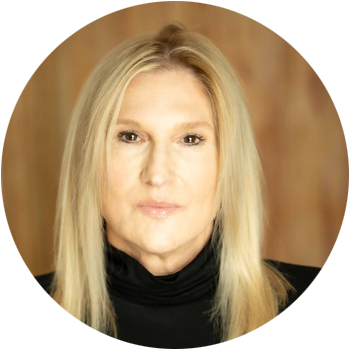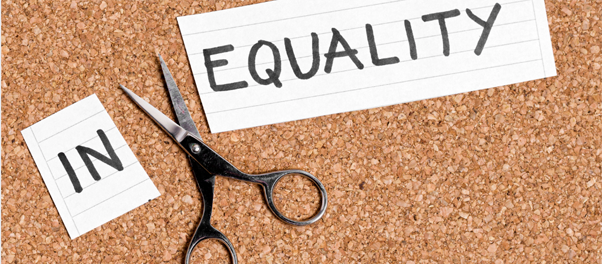Savasana
This week’s mindfulness practices have provided opportunities to push yourself in your practice. In Zen, the concept of balance is very important. Things exist in apparent opposition to one another: warm and cool, light and dark, etc…Hard work for our minds and for our bodies is good for us. It makes us feel alive and connected. The balance, though, to hard work is rest. So today, we will practice resting together.
Savasana (pronounced sha-va-sunah), is a yoga practice that ends many yoga classes. Savasana is also called corpse pose. It is a deep relaxing, restorative pose. Today’s practice is to click this link to practice this brief guided savasana. To begin, it’s best to be on a firm surface, so lie on the floor on a towel or a mat. You can also choose to do this on a bed, especially if you choose to do this before you go to sleep. If doing this during the day, do not worry if you fall asleep, that’s absolutely fine if it happens.
6-minute guided Savasana
20-minute guided Savasana
Rest is a really important part of all of our lives, but it’s really hard to rest when we are stressed or when we push ourselves to power through our days. This rest is not giving up or avoiding. It is intentional and it is the essential balance to everything else that you do.
Enjoy a Restful Sunday!
Michele

Draw Concept Maps
Outlines are great, especially for formatting notes for mental health online training programs; however, a handwritten outline may be hard to focus on without the help of detailed visuals. Flowcharts are great for documenting cyclical processes and historical events—they create logical funnels of information that help you connect core chapters from your textbook and link them to the broader theories and research you learn about in class.
Use Flash Cards
It never hurts to refer back to what’s reliable—flash cards! This versatile study tool can help you engage in active recall so that you’ll remember a term, phrase, or concept that you’ll need to know for your next test. You can even utilize prior tips when creating your flashcard deck by adding pops of color or doodles that will make the most important things stand out in your memory.
Ready for the next step in your mental health professional career? CONCEPT Continuing and Professional Studies at Palo Alto University offers various virtual and flexible custom training courses for professionals looking to help enhance their mental health careers. Contact us today to learn how we can help you develop a custom training plan towards certification.























